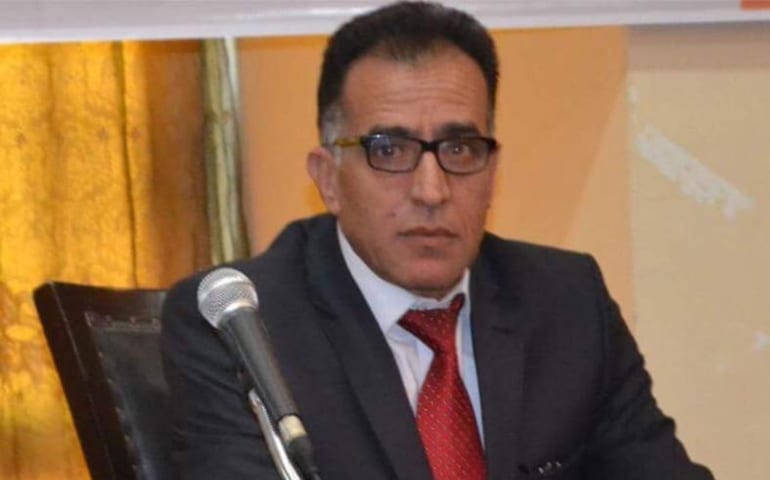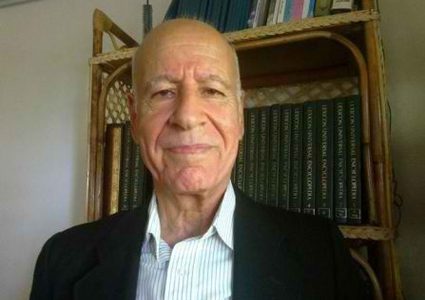Between the Ruins of War and Post-Agreement Fears
شبكة الخامسة للأنباء - غزة

By Mustafa Ibrahim
After a brutal war that consumed what remained of the spirit of life, people are emerging from under the rubble — both literally and figuratively — carrying an indescribable pain and a timid hope that barely dares to show itself. But the moment that should be a new beginning is shadowed by clouds of doubt: will the current agreement hold? Or is what we see now merely a temporary truce before another round of catastrophe?
The war has left behind devastated cities, grieving families and generations without prospects. People are not only searching for food or shelter, but for meaning, psychological security and a guarantee that tomorrow will not suddenly collapse again. And despite the halt to the shelling, no one here feels completely safe. The political agreement, whatever its form or who signed it, remains fragile — at risk either of being left unfinished or of deliberate violation.
The exhausted society needs not only infrastructure but time to catch its breath. Everyone is worn out: civilians, ambulance and relief workers, children who have grown up too soon, survivors of the bombardment and those who lost loved ones without a chance to say goodbye.
At the same time, there is little room for rest. The destruction wrought by the war requires an unprecedented effort to rebuild. There are wounded, hungry, homeless people and trauma survivors who cannot wait.
Amid all this, people live under a silent threat: what if the agreement is not completed? What if it is breached? What if it collapses under Israeli arrogance, or under international and regional political calculations, or undisclosed intentions?
People between the ash of war and the uncertainty of the so-called peace — those living in combat zones — do not have the luxury of complex political analysis. What they know is that the sound of guns has quieted, but fear remains high. Every tense statement, every rumor of a breach, every suspicious military move rekindles in souls a fire that was nearly extinguished.
What frightens people is not only a breach of the agreement but that the agreement be used as cover for further exclusion, stalling, or the imposition of a new reality by force. True peace is not built on paper but in people’s daily lives — in their ability to live without fearing tomorrow, in their confidence that what happened will not be repeated.
Today, everyone needs to breathe, but breathing alone is not enough. Those who hold decision-making power or influence must understand that people have been completely exhausted, and that any breakdown in the agreement does not mean merely a political crisis but a new humanitarian catastrophe.
From the rubble, life can be rebuilt, but any crack in the consensus, any breach of the agreement, is enough to undo all that effort in an instant. Peace is not just a signature; it is practical commitment, genuine accountability and the will to protect what remains of lives, cities and dreams.






